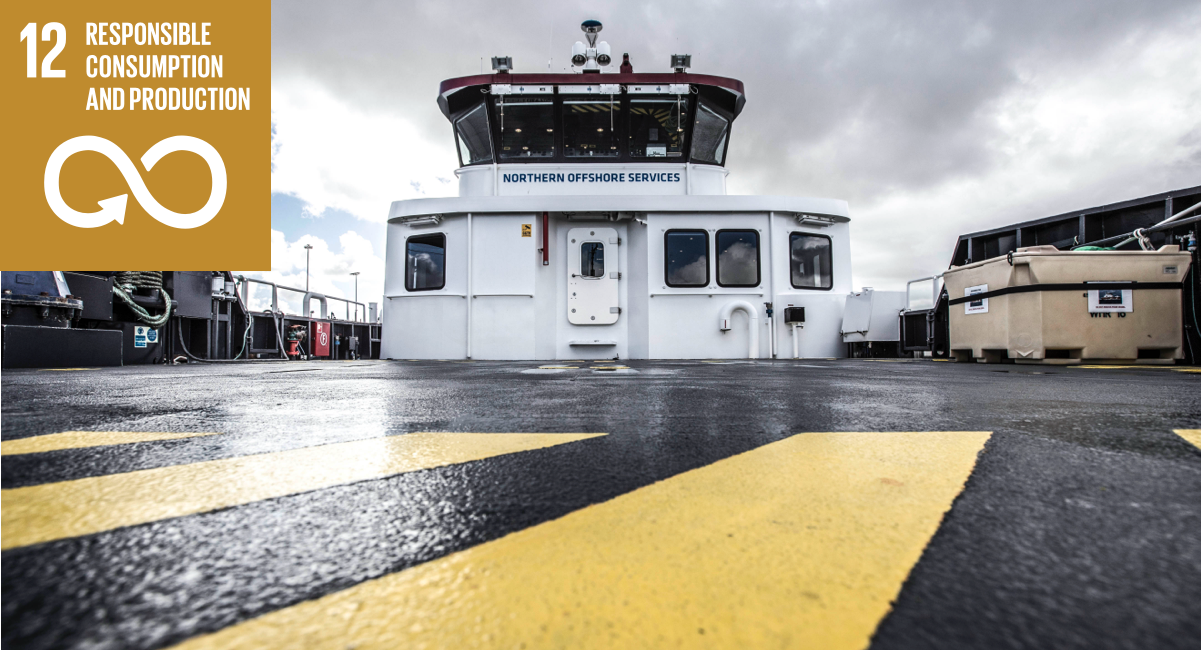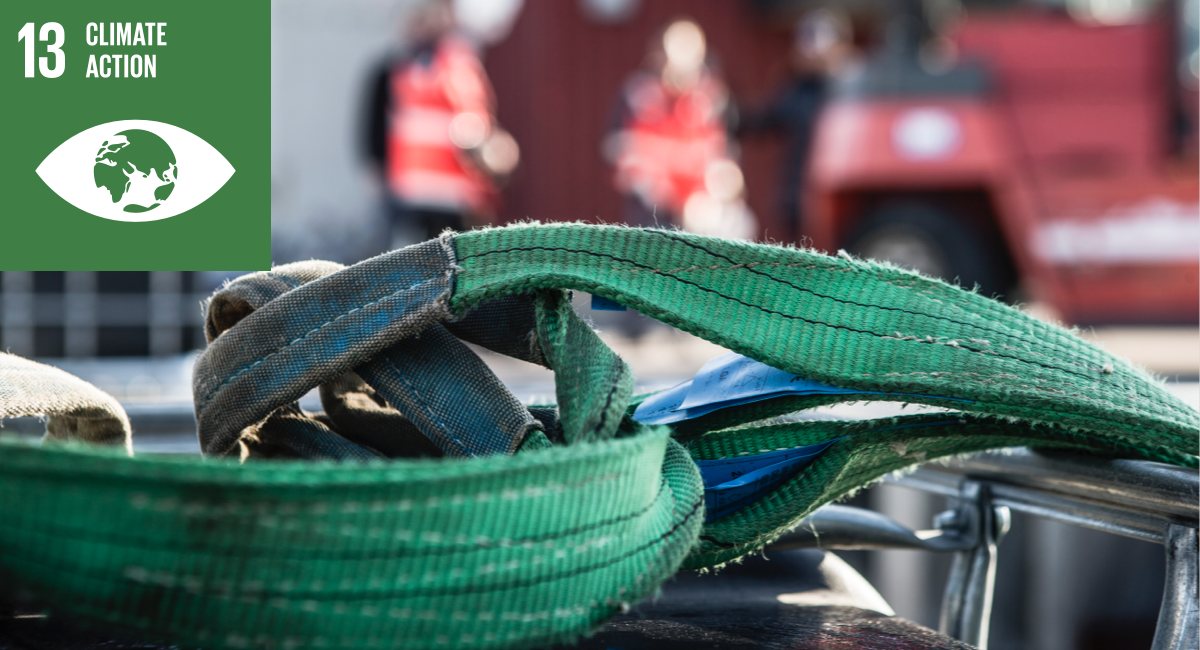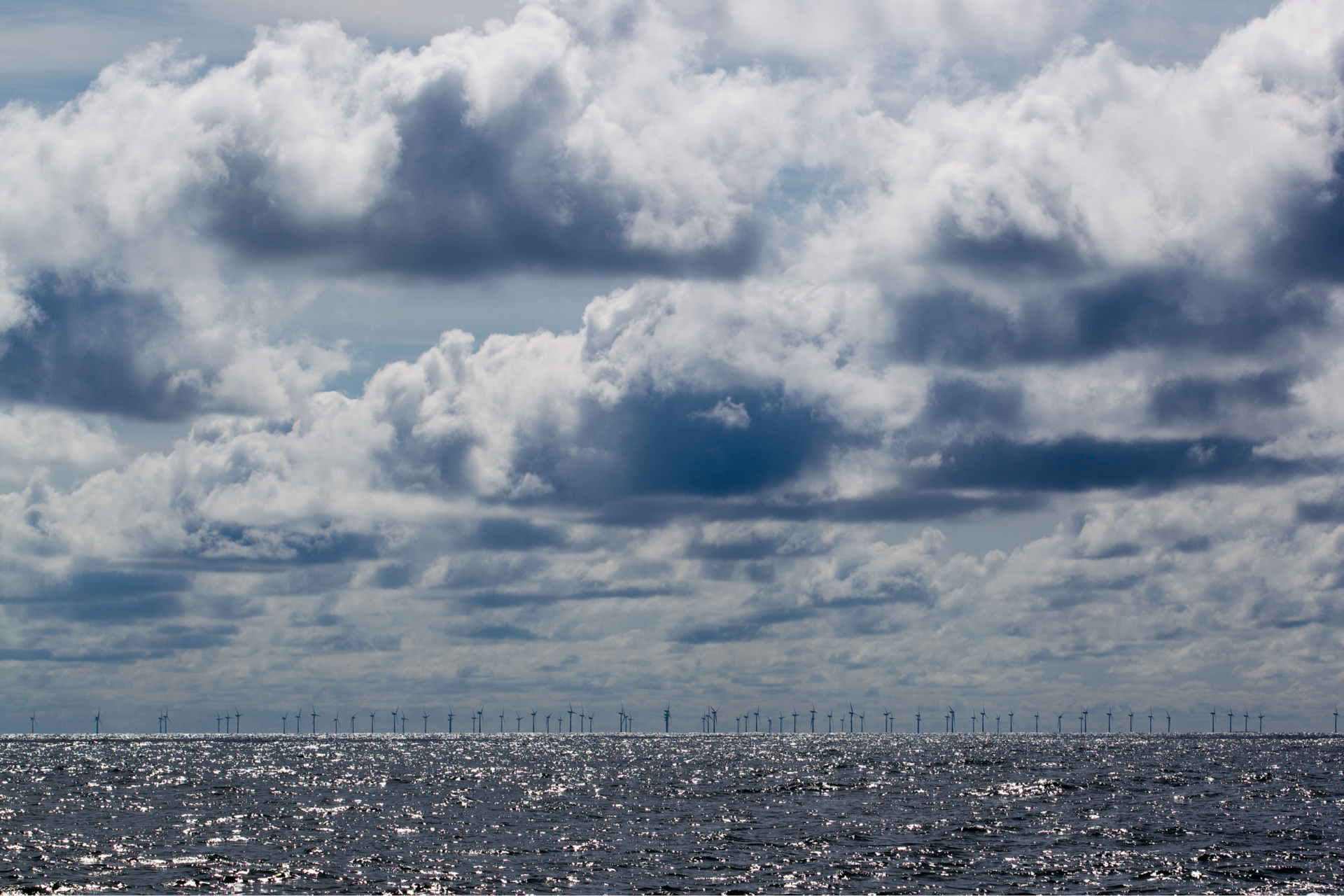The Human Development Index (HDI) is an index in the UN’s global sustainability goals which measures the prosperity of the world annually in terms of a long and healthy life, being knowledgeable, and having a decent standard of living. The health dimensions are assessed based on life expectancy at birth. By offering decent working conditions, good conditions for innovation and entrepreneurship, and safe, decent working conditions, N-O-S supports sustainable economic growth.
Sustainability
OUR THOUGHTS ON SUSTAINABILITY AND FUTURE DEVELOPMENT
Every individual, organization, and community have a responsibility to contribute to sustainable development without jeopardizing the ability of future generations to enjoy equal or better conditions for the same quality of life.
For Northern Offshore Services (N-O-S), sustainable development includes three different components. By integrating these components into our strategic and operational work, we contribute to sustainable development.
The first is social sustainability, which means working over the long term to strengthen the social conditions for future generations. This means ensuring that current and future social and economic situations meet fundamental human needs with regard to livelihoods, justice, health, education, culture, religion, peace, and human rights.
The second — ecological sustainability — means long-term preservation of the production capacity of water, soil, and ecosystems, as well as bringing the human impact on the environment and human health down to a level that is sustainable and allows the environment to recover at the same rate.
Lastly, financial sustainability means using, nurturing, and managing human and
material resources for the long term by conserving our finite resources and avoiding having a negative impact on future generations.
As part of Northern Offshore Group, we are part of Northern Offshore Group’s sustainability reporting, and it is inspired by the GRI (Global Reporting Initiative) reporting framework. This report aims to summarise and outline our sustainability work and has been divided into three focus areas: The Environment, The Employee, and Responsible Business.
![]()
Our Code of Conduct is the framework that explains the behaviour we expect from every employee and stakeholder around the world. This policy lays out the company’s principles, standards, and the moral and ethical expectations that employees and third parties are held to as they interact with the organization.

AGENDA 2030
WORKING WITH THE 2030 AGENDA AND THE GLOBAL SUSTAINABLE DEVELOPMENT GOALS
The 2030 Agenda for sustainable development, which was adopted by all UN member states in 2015, provides a common plan for peace and prosperity for people and the planet, now and in the future.
At its heart are the 17 Sustainable Development Goals (SDGs), which present an acute challenge for all nations. In order to produce relevant environmental goals, we have taken into account the company’s significant environmental considerations in relation to the 2030 Agenda. The goals that Northern Offshore Group is best able to influence are SDGs 8, 12, 13, and 14.

SDG 8: DECENT WORK AND ECONOMIC GROWTH

SDG 12: RESPONSIBLE CONSUMPTION AND PRODUCTION
Many of the world’s natural resources are finite. We are currently using more natural resources than the Earth can replenish. Non-renewable raw materials such as metals and other chemical elements are in danger of running out. Goods and services affect the environment through the entire life cycle. The purchase of goods and services is a significant environmental aspect in N-O-S’s operations, and we focus on recycling, reuse, and wherever possible not using virgin materials in rebuilt and newly built vessels.

SDG 13: CLIMATE ACTION
Emissions of GHG drive the greenhouse effect. The greenhouse effect is a natural phenomenon where GHG can absorb certain wavelengths of thermal radiation as they leave the Earths surface. When the concentration of GHG increases in the atmosphere, the greenhouse effect increases resulting in a temperature increase referred to as “global warming”. This is one of our most significant environmental aspects in N-O-S operations.

SDG 14: LIFE BELOW WATER
Chemicals released from antifouling can have a negative impact on ocean biodiversity. N-O-S always strives to use the optimal paint to minimize emissions and growth on the hull. Ocean acidification can be caused by the uptake of atmospheric carbon dioxide. One-third of the carbon dioxide emissions in the air are absorbed by the oceans. The carbon dioxide reacts with the water and produces carbonic acid, which lowers the water’s pH level. Acidification affects sensitive biotopes such as coral reefs, which support almost one-quarter of all species of fish. This is a significant environmental aspects in N-O-S’s operations.

READ MORE
SUSTAINABILITY REPORT
We strive for long-lasting relationships and good collaboration with our stakeholders, whose opinions help guide our business.
Below is the download link for the Northern Offshore Group Sustainability Report.
